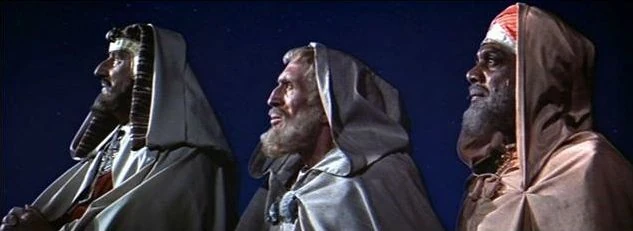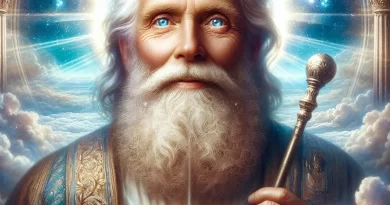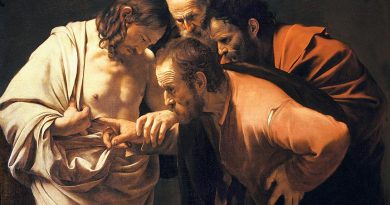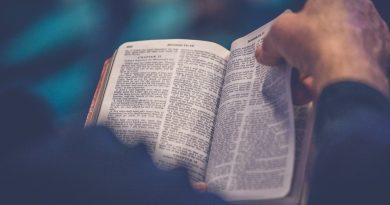Today the Magi
In the solemnity of Epiphany of this year, 2025, when we are celebrating the Jubilee of Hope, I was really touched by a great quote written by St Peter Chrysologus when he said: Today the Magi gaze in deep wonder at what they see: heaven on earth, earth in heaven, man in God, God in man, one whom the whole universe cannot contain now enclosed in a tiny body. As they look, they believe and do not question, as their symbolic gifts bear witness: incense for God, gold for a king, myrrh for one who is to die.
The more I read this powerful quote the more I become aware of the explosiveness of love. In this very profound quote from St Peter Chrysologus I see the truth of what Pope Benedict XVI wrote about Christian love when, in his first encyclical letter Deus Caritas Est, wrote: Love embraces the whole of existence in each of its dimensions, including the dimension of time. It could hardly be otherwise, since its promise looks towards its definitive goal: love looks to the eternal. Love is indeed “ecstasy”, not in the sense of a moment of intoxication, but rather as a journey, an ongoing exodus out of the closed inward-looking self towards its liberation through self-giving, and thus towards authentic self-discovery and indeed the discovery of God: “Whoever seeks to gain his life will lose it, but whoever loses his life will preserve it” (Lk 17:33), as Jesus says throughout the Gospels (cf. Mt 10:39; 16:25; Mk 8:35; Lk 9:24; Jn 12:25). In these words, Jesus portrays his own path, which leads through the Cross to the Resurrection: the path of the grain of wheat that falls to the ground and dies, and in this way bears much fruit. Starting from the depths of his own sacrifice and of the love that reaches fulfillment therein, he also portrays in these words the essence of love and indeed of human life itself (no.6).
This is what today the Magi teach me: that love is eternal. It comes from God, goes through the created world with the people included, to then return to God with abundant good fruit. Due to their complete openness to God’s grace, the Magi, or as the Christian tradition calls them, the Three Kings, were converted and let the Spirit of God making them saints. It was God’s love in the form of an ongoing restlessness for the truth that led the Three Kings to Bethlehem to adore the newborn King. Their long tumultuous journey helped them to be radically changed from within by the experience. In their longing for the saving truth they were courageous enough to let go of their pagan ways. Due to their honest and faithful adherence to the inspirations of the Holy Spirit we shall not be surprised to find that, according to one account, the Magi traveled to India and were ultimately baptized by St. Thomas the Apostle before their deaths.
Tradition has always held that Balthasar, Melchior and Caspar were indeed “saints,” as well as along the centuries different prayers have been written to them. Here is one such prayer, which is really part of a longer novena to the Magi that is frequently prayed as a preparation for the feast of Epiphany.
O Holy Magi, you were living in continual expectation of the rising of the Star of Jacob, which would announce the birth of the true Son of justice; obtain for me an increase of faith and charity, and the grace to live in continual hope of beholding, one day, the light of heavenly glory and eternal joy.
(Share your request …)
Glory be to the Father and to the Son and to the Holy Spirit, as it was in the beginning, is now, and ever shall be, world without end. Amen.
Prayer to the Infant Jesus:
Infant Jesus, meek and mild,
look on me a little child.
Pity mine and pity me,
suffer me to come to Thee.
Heart of Jesus, I adore Thee.
Heart of Mary, I implore Thee.
Heart of Joseph, pure and just.
In these three hearts, I put my trust.
Help us Joseph in our early strife,
ever to lead a pure and blameless life.
O, Holy Magi, Pray for Us.
Fr Mario Attard OFM Cap





